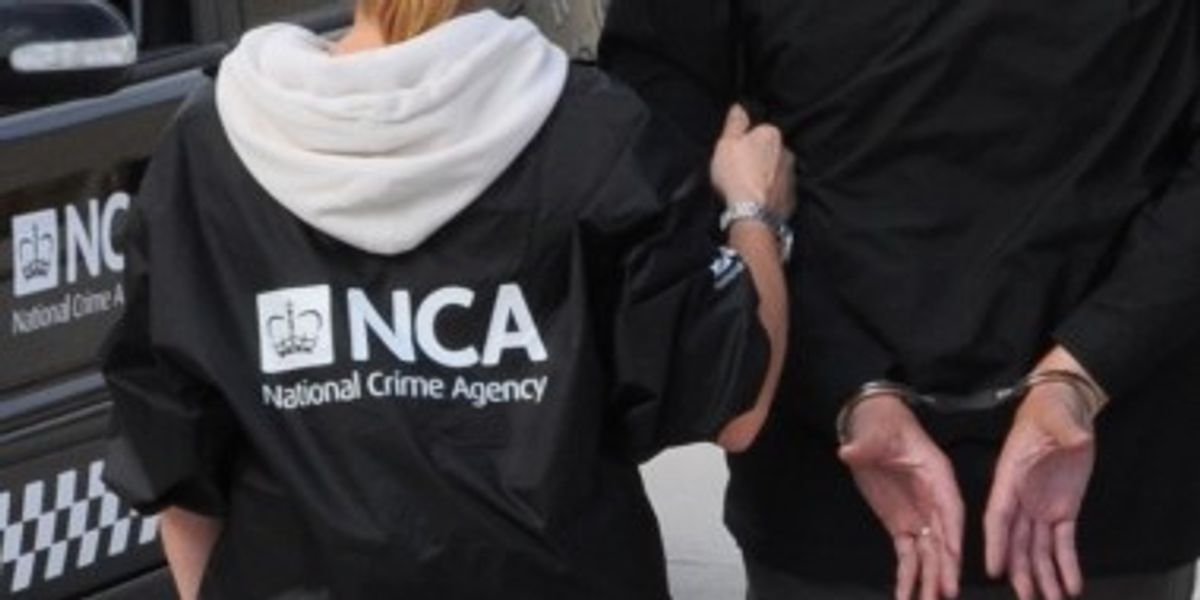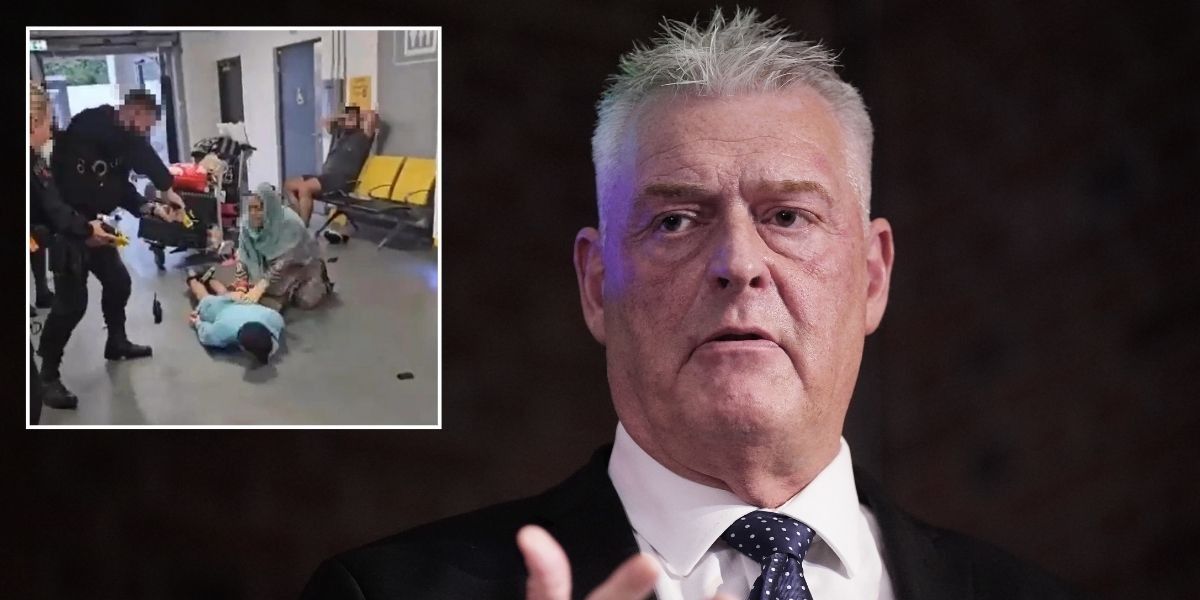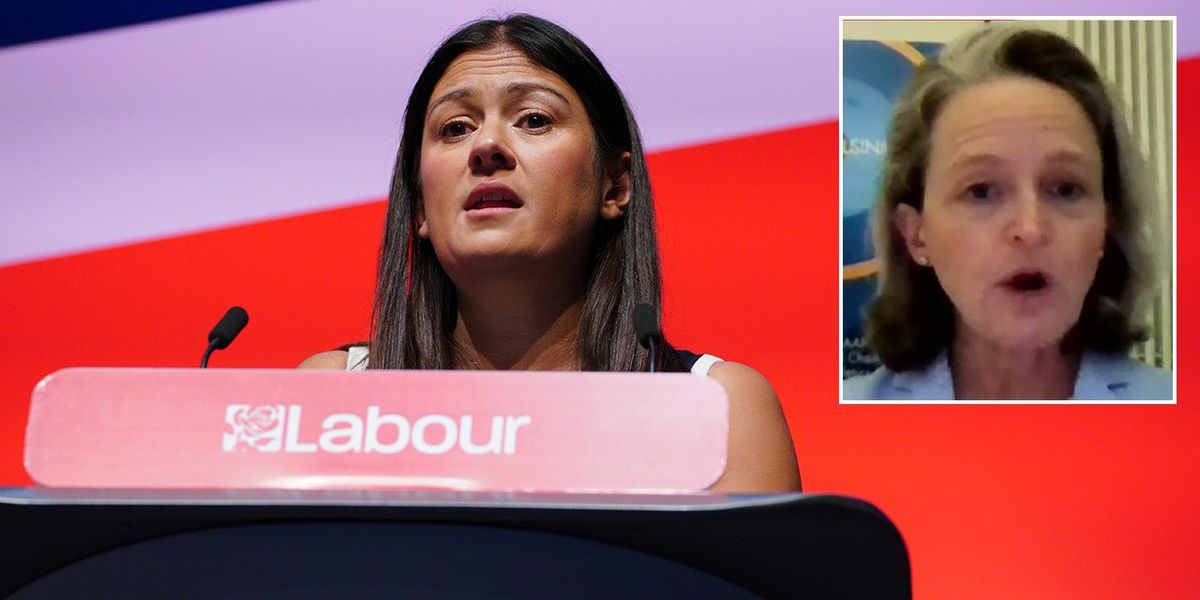The Rwanda Bill has breezed past its first House of Lords hurdle as the peers voted against a motion to block it.
Peers voted with a majority of 122 – 206 to 84 – against a motion designed to block the Bill.
After the Liberal Democrat-sponsored bid to halt the Bill was rejected, peers gave it a second reading on the nod without the House dividing for a second vote.
This comes following a lengthy debate earlier tonight in the Upper House regarding the Bill.
The House of Lords voted against a motion to block the Rwanda Bill
Getty
One of those who spoke was Archbishop of Canterbury, Justin Welby, who accused the Government of “damaging British unity” with its plan to send migrants to Rwanda.
He said the Bill is “damaging for asylum seekers in need of protection”, accusing the Government of “outsourcing our legal and moral responsibilities for refugees and asylum seekers”.
Speaking in the House of Lords in a debate on the Safety of Rwanda Bill, Welby said: “It is damaging for asylum seekers in need of protection, and safe and legal routes to be heard.
“It is damaging for this country’s reputation, which contradicts even as late as last week, where the Prime Minister himself spoke eloquently on the value and importance of international law for this country.
LATEST DEVELOPMENTS:
The Archbishop of Canterbury Justin Welby spoke out against the Bill
“It is damaging in respect of constitutional principles and the rule of law. And most of all, it is damaging for our nations unity.
“In a time when the greatest issues of war, peace, defence and security need us to be united, we are united on, I think almost all benches, in agreeing that the boats must be stopped.
“And this government is to be congratulated that the number has come down, that the people smugglers who trade in human misery must be brought to justice – and it is good news that the groups have been broken up – and we need to be united on effective controls on agreed limits to immigration.
“The right way forward though is to enable the unity on ends to be translated into an unity on means, and that is not happening in the way these bills are successively brouhgt o the house and brought to the country.”
While the Bill survived a the bid to derail it, the chamber is certain to seek numerous changes.
This is certain to put them on a collision course with the Government and an extended tussle between the Commons and Lords during “ping-pong”.
The Prime Minister had warned peers against blocking “the will of the people” by frustrating the passage of the legislation ahead of an election.
Home Office minister Lord Sharpe of Epsom said: “Stopping illegal migration is an important issue for both the public and this Government. Parliament and the British people want an end to illegal migration and therefore we need a deterrent.
“The Archbishop of Canterbury and other members were right to place this Bill in its moral context but proceeding with this Bill is the moral course.
“We must put a stop to the dangerous Channel crossings that are putting lives at risk and we must put an end to this mass trafficking of people to save lives. That is the humane thing to do and it is the fair thing to do.”












